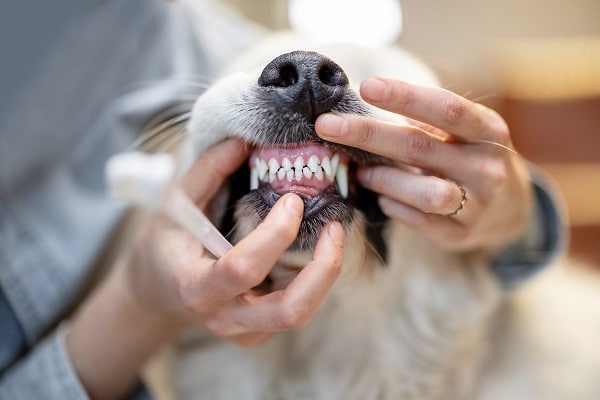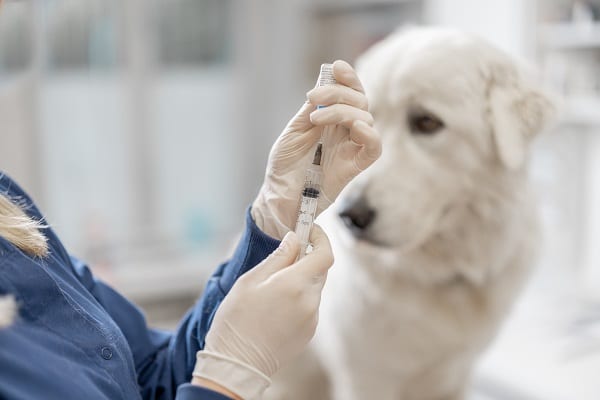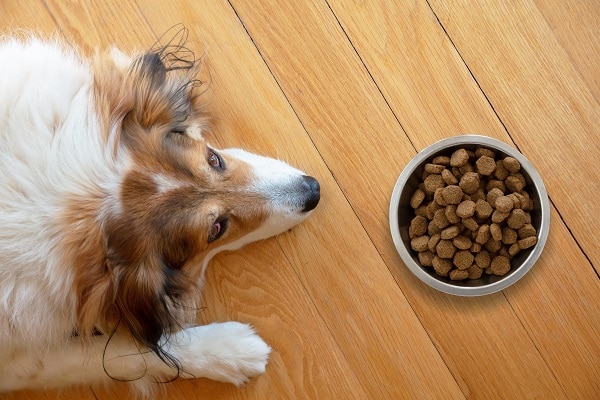Dogs are man’s best friend for many years. In this modern world of ours, many of us have chosen to share our life with our best friends. Dogs are born to work, to play, and to give us unconditional love. If your dog is not eating or is losing weight, he may be suffering from a medical condition. Several things could be causing your dog to not eat, from an upset stomach to a urinary tract infection. One of the most popular reasons for your dog not eating is a lack of appetite. Check out the reasons below why your dog might not be eating.
Dental Issues

Dog teeth can wear down over time, and eventually, chewing can be painful. A healthy dog has a shiny coat that is soft to the touch and doesn’t catch on to things. It doesn’t carry around its belly, with the amount of food it eats, and has clear eyes. The symptoms of canine dental disease include persistent gum bleeding, bad breath, or loose teeth. While there are many causes of dental disease, one of the most common is the bacteria within the mouth. These bacteria can cause an infection called periodontitis. Although the bacteria can spread from one animal to another, it’s important to understand the signs of periodontitis so that you can spot the problem in your pet and take steps to prevent or treat it.
Vaccinations

Most of us vaccinate our dogs to be healthy. But sometimes, they’re just not eating and don’t seem to be sick. Some vaccines can cause temporary illness, such as a minor fever or upset stomach. It is called an adverse reaction. Sometimes, a vaccine can trigger an allergic reaction, making your dog very uncomfortable and preventing it from eating. Talk to your vet about why your dog isn’t eating, and if they recommend a course of treatment, follow their instructions carefully.
Upset Stomach

Your dog’s digestive system is like an engine. It needs fuel (food) to run and produce the energy required to digest it. When the digestive system isn’t working properly, your dog is more likely to eat less and stop eating altogether. An upset stomach is a condition that dogs who have food allergies may get. The symptoms can include vomitings, diarrhea, and neurological problems, like blindness and seizures. The disease can be fatal. Regularly ingesting the wrong type of food can lead to colic, gas, vomiting, and other gastrointestinal problems. It is important to keep your dog on a nutritious and balanced diet to avoid the possibility of digestive issues. It is also important to be informed of your dog’s kind of food and confirm that you are feeding your dog nutritionally balanced food.
Change routine

Everyone’s dogs are different, and it’s hard to judge what’s right for them. Sometimes it’s hard to know what’s best for your dog. However, in the end, it is only best for your dog to get used to your routine, and it routinely helps with anxiety and behavior problems. Getting them started on a good nutritional diet is the first step in solving the problem and getting them started on a good food routine.
Overfeeding

Overfeeding is one common reason, and it can be very serious for your pet. If your dog is too full, they might turn away from the food bowl and refuse to eat. Or might vomit it up. In some cases, they might even become lethargic. When a dog stops eating, you need to take your dog to the veterinarian because there is a good probability that your dog is suffering from some medical problems, including an enlarged liver, weight gain, diarrhea, and vomiting. Overfeeding in pets can also result in diarrhea, weight loss, and vomiting. You must feed your dog daily and avoid overfeeding so that it will not become obese.
Conclusion
Dogs are one of the most loyal creatures to humans. It can sense things that you cannot and are very dedicated to its owners. Dogs digest food very differently than humans. Dogs must have a lot of physical and mental stimulation to maintain a healthy and happy life, and they are our best friends. When a dog stops eating, it may be due to many reasons, as mentioned above. If your dog seems very ill, it is always best to take them to the vet.


